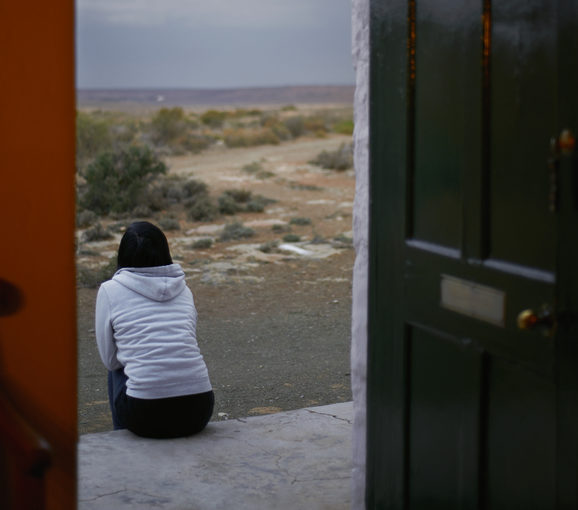Spirituality and religion often go hand in hand with overall mental health. Whatever your spiritual practice, whether Buddhism, Judaism, paganism, or Christianity, belief in a higher power is often pivotal to mental wellbeing. But it doesn’t have to be. Therapists will meet you wherever you fall on the faith spectrum and work to help you regardless of your religious affiliation or lack thereof.
For those who hope to live a spiritual life while working with a therapist or psychiatrist, many professionals specialize in mental health treatments that can incorporate your spiritual experiences and belief systems into their therapeutic styles.
Whether you are looking for a Catholic therapist who understands the tradition of advent or a psychiatrist who has studied Hinduism, WithTherapy can help you locate professionals who know that a big part of the human experience ties to individual belief systems. The best part is that your search for the right match doesn’t have to be hard. Instead, you might be surprised to learn that most therapists are trained to work with all religions and will often issue an invitation to help you incorporate your beliefs into regular sessions.

Why is spirituality important to mental wellness?
A big part of mental well being is a strong sense of self and self-identity. Religion and spirituality help individuals define who they are, what their virtues and moral codes look like, and how they behave in the world. A strong self-identity can provide a solid foundation for hope, recovery, and overall mental wellness.
Not only is religion important to the mind, but being affiliated with a religion or spiritual practice can provide social support, inclusion in a community, and hope in everyday life. Many psychologists and practitioners believe that the study of religion and even sacred texts goes a long way in helping clients understand not only the meaning of life but defining a sense of self and identity.
How are religion and belief systems incorporated into therapy?
While every therapist or psychologist is an individual and will handle religion differently, most will ask about your particular dogmas, creeds, philosophies, and experiences with organized religion or spiritual realities during your first intake appointment. Therapists are trained to work with all denominations and exhibit conscientiousness about how vital these beliefs can be to some clients. Whether providing a sense of connection or helping people let go of situations beyond their control, psychology professionals understand that optimism, hope, and security often depend on religion and spirituality. The material, both tangible and not, that all faiths provide can be instrumental for some client’s healing and wellness.

Find a Therapist for Spirituality and Religion
Get personalized matchesWhat if I’m not spiritual?
While therapists will ask about your religious views, they are certainly not required for a person to participate in therapy. Many atheist clients get the same value out of therapy as spiritual ones do. Therapists are trained to practice client-driven sessions that will meet you and your belief systems where you are at without pushing their personal values on you. Gratitude, reverence, rituals, and more never hinge on religiosity alone, and whether you partake in religious activity or not won’t matter to the therapist with whom you work.
Many clients worry that a therapist might push religion or belief in some higher power on them if they seek out mental health help. Generally, therapists are not interested in teaching you how to think about God or any sort of initiation into any religious belief system. Instead, they hope to meet you where you are on your life journey. For mental health professionals, part of recovery is empowerment, which means clients decide for themselves how to think and believe.
Can I choose a therapist who is a believer?
Most therapists are not vocal about their own religious behaviors, beliefs, and practices. Often, they won’t overtly name their religious leaders and personal religious practices in their bios, for example. But if you are specifically looking for a therapist trained in all religions, there are ways to identify them. Therapists with the word divinity (DIV) in their title or title letters or who have been trained as pastors, preachers, or who have experience working in religious organizations are often the best bet when looking for a suitable match who is more likely to understand scripture and creed. It is a myth that therapists in the United States will work to push eastern religion on clients. They are, instead, trained to work with patients of all religions even if they don’t have divinity degree backgrounds.
Where do I find the right mental health professional for me?
Whether religion and spirituality are central to you or not, you have come to the right place if you are looking for a therapist who supports human rights and can help you define what you believe. Use WithTherapy to locate the right practitioner for you, and don’t be afraid to ask questions. There is nothing wrong with asking how a therapist practices ahead of time to make sure they are a good match for you.
Find a Therapist for Spirituality and Religion




